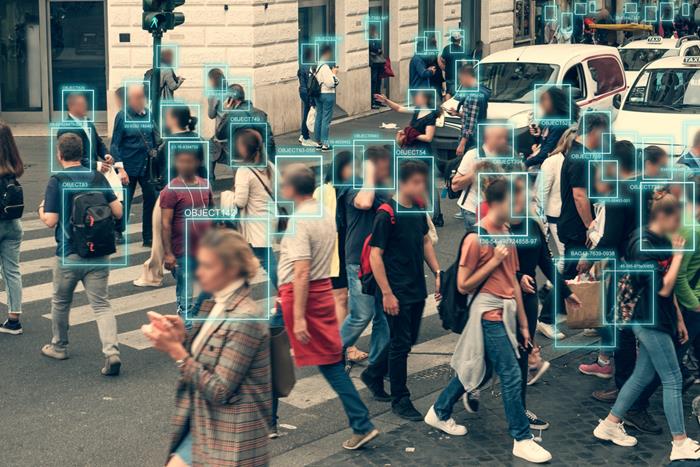While business leaders may be focused on artificial intelligence (AI) as the latest transformative business tool, they are not without concerns. According to a new piece of research, many worry about AI ethics and others fret about the “unintended consequences” of the new tech.
The report comes in a survey of 1,200 chief executives from 150 countries around the world by EY, the accountancy and business advisory firm.
Although almost two-thirds (65%) of CEOs believe AI is a “force for good”, 67% say the business community needs to “focus” on the ethical implications of the technology, while 64% say companies are not properly addressing the management of AI’s unintended consequences.
According to Andrea Guerzoni, a global vice chair of EY, CEOs see AI’s “huge advantages” and its potential for productivity improvements. But there are worries.
“CEO concerns about the unintended consequences of AI reflect a broader confluence of—sometimes dystopian—views in media, society and contemporary culture.
“They see a role for business leaders to address these fears—an opportunity to engage on the ethical implications of AI and how its use could impact key areas of our lives, such as privacy.”
Should AI be regulated?
Following the launch of generative AI ChatGPT, the media is currently full of speculation about the way AI might disrupt many sectors or prompt dystopian disaster. Central to most commentary are calls for regulation of AI.
Perhaps one of the biggest fears is whether AI is a threat to jobs. Though the worry has captured media attetnion, it appears to be a low-key anxiety for the general public. When the Institute of Business Ethics conducted its annual survey of public trust in corporate leaders, management of AI is the issue that attracts least concern. And this even though trust in business has generally fallen.
Elsewhere, there are predictions that AI could be so useful it could become a duty for boards to use it when making policy decisions.
Though CEOs have their concerns, EY’s survey finds that 66% believe that AI’s replacement of humans in the workforce will be “counterbalanced” by the creation of new roles and career opportunities.
On other matters, CEOs have become less doom-laden over prospects of a global economic downturn. EY’s survey in January this year found 50% expected a downturn that was “severe” or “persistent”. That figure has now dropped to 33%.
There is concern, however, that low expectations for the long term have caused CEOs to focus on the “near-term”—at the expense of sustainability goals. This week’s survey reveals just 38% say they will “prioritise” sustainability for capital allocation. In January 2022, the figure was 83%.
CEOs have mixed feelings about AI though they are keen to make use of the technology. Meanwhile, sustainability appears to have become a victim of uncertainty about the future. The results mean bad news for those focused on the environment, though those anxious about AI might be a little reassured.





